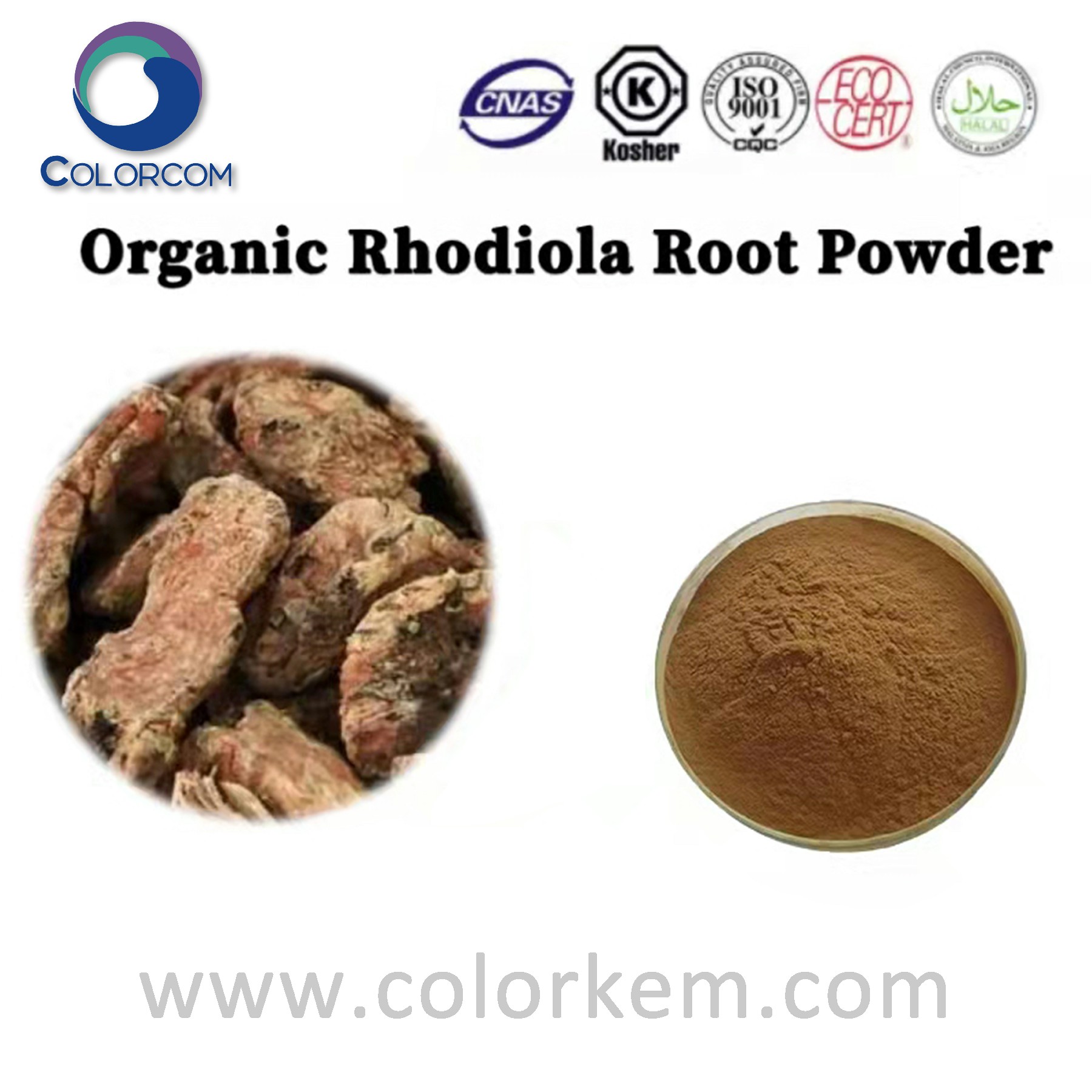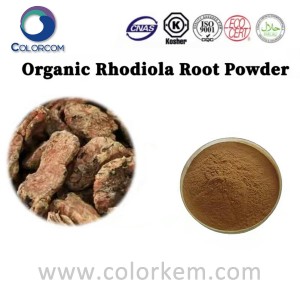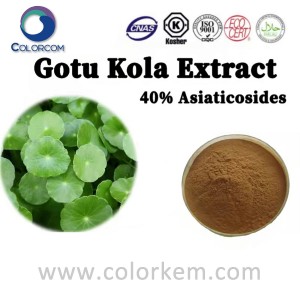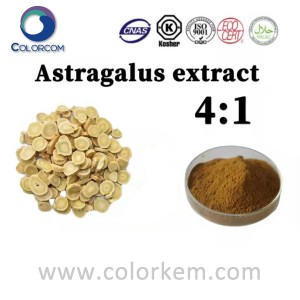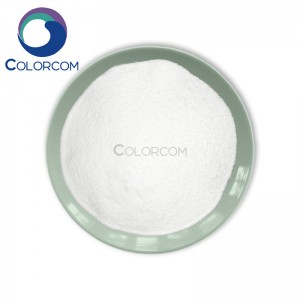Organic Rhodiola Root Powder | 97404-52-9
Product Description:
Magnolia officinalis extract (English name: Magnolia officinalis P.E. ), active ingredients: and magnolol, magnolol, magnolol total phenol. Botanical source: Active ingredient in antibacterial activity in the bark of Magnolia officinalis Rehder et Wilson, a traditional Chinese medicine.
This product is off-white powder crystal. Soluble in benzene, ether, chloroform, acetone, insoluble in water, easily soluble in dilute alkali solution to obtain sodium salt. The phenolic hydroxyl group is easy to be oxidized, while the allyl group is easy to undergo the addition reaction.
It has a special, long-lasting muscle relaxation effect and strong antibacterial effect, which can inhibit platelet aggregation.
Clinically, it is mainly used as an antibacterial and antifungal drug. This product should be sealed away from light and stored in a dry, cool and well-ventilated environment.
The efficacy and role of Magnolia Cortex Extract 2% Honokiol:
Anti-inflammatory
In the inflammatory reaction, the cell membrane phospholipids release arachidonic acid (AA) under the action of phospholipase A2.
There are two metabolic pathways for AA, one is to generate prostaglandins and thromboxanes by the action of cyclooxygenase (COX), and the other is to produce prostaglandins and thromboxanes by the action of cyclooxygenase (COX). The action of lipoxygenase (LO) produces leukotrienes (LT).
Honokiol at higher concentrations inhibited the activity of COX in disrupted cells, while inhibiting the LO metabolic pathway. Therefore, honokiol is a dual inhibitor of COX and LO.
The anti-inflammatory effect of honokiol may be related to its inhibition of two metabolic pathways of AA. In addition, honokiol can inhibit the release of lysosomal enzymes, reduce the permeability of capillary walls around the site of inflammation, and inhibit leukocyte migration and fibrous tissue proliferation.
Antioxidant
Magnolol and Honokiol have free radical scavenging effects, which can scavenge parahydroxyl radicals and hydrogen peroxide.
At the same time, it can protect the activity of mitochondrial respiratory chain enzymes against NADPH-induced peroxidative stress, antagonize the oxidative hemolysis of red blood cells, and inhibit lipid peroxidation.
Several in vitro and in vivo studies have examined the antioxidant activity of Magnolia officinalis extract, which is 1000 times stronger than alpha-tocopherol.


